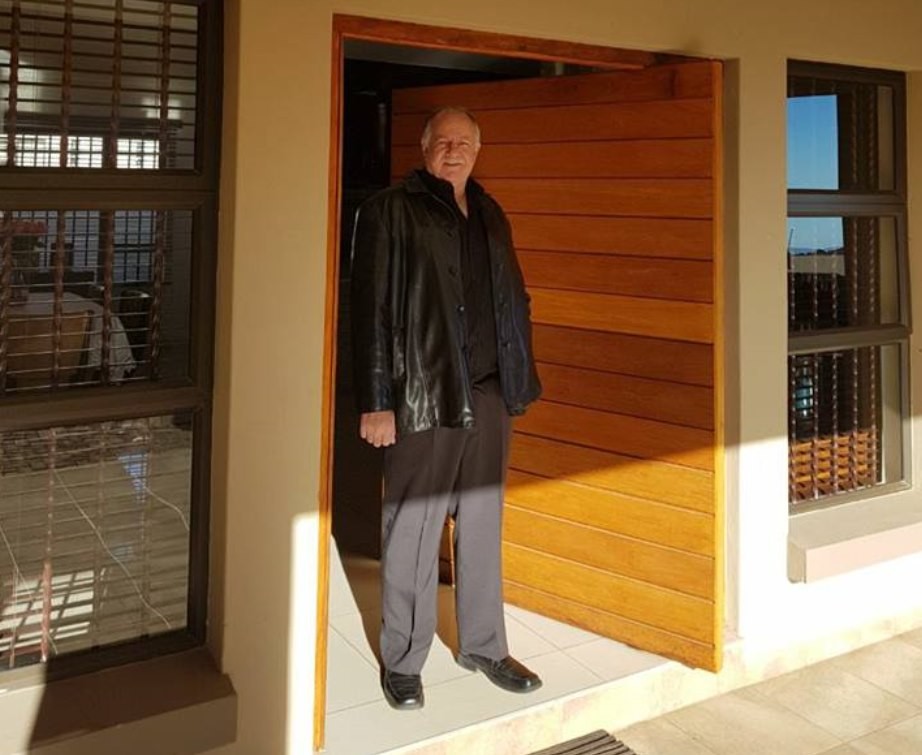How to Know if You Should Put Your Money in a Savings Account or if You Should Invest It
If you have a small amount of money to invest, it is best to start off in a savings account until you have more money saved.
Once you have a decent amount of money set aside to invest, go ahead and start looking for investment opportunities.
The Pros of Saving Money in a Bank
Saving money is beneficial because you have money for emergencies, travel, and weddings.
You can also save up enough money to make an investment once you are ready.
There are many pros to saving money.
For example, saving money makes it easier for you to reach your goals.
If you want to buy a house in five years, it would be smart to save the money so that you have the cash when you finally buy (or at least make a large down payment).
The other good thing about savings is that it provides relief from stressful situations.
Cons of Saving Money in the Bank
If you have a large amount of money in the bank you are losing money as you will not receive a good interest rate.
Also, if the bank does charge fees for withdrawals and/or checking your account balance, then this could potentially cost you quite a bit of money each month.
The main risk of putting your money into a savings account is that you will lose it due to inflation.
Inflation is the rise in the price of goods and services over time.
This means that if you keep your money in a savings account for many years, the purchasing power of your money will decrease due to inflation.
For example, if you had $1,000 dollars in a savings account and you left it there for several years, then by the end of that time you might only have around $900 dollars worth of purchasing power because of inflation.






